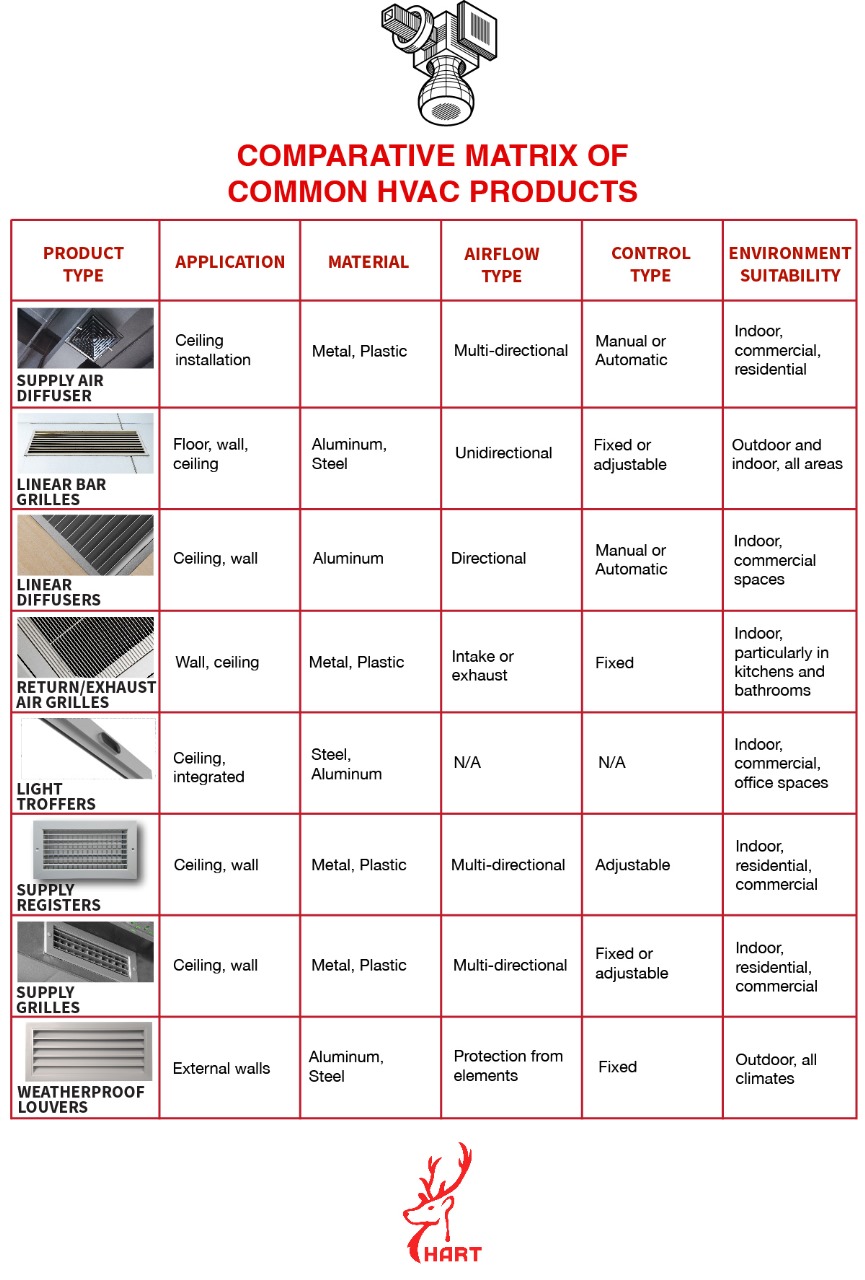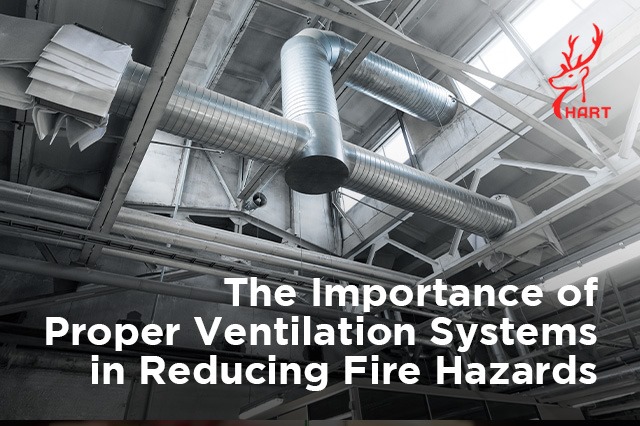In Chinese feng shui, ventilation is considered key to letting abundance in and keeping fortune flowing throughout the house. But you don’t need to believe in feng shui to appreciate good ventilation. In practical terms, ventilation systems play a critical role in fire safety.
Fire prevention starts with proper ventilation. Ventilation also affects the behaviour of fires, which need fuel, oxygen, and heat to burn and blaze. Proper airflow removes smoke and heat, hindering the spread of fire. However, excessive ventilation can also fan the flames. The key lies in a well-balanced system — one of the many important facts that will be explored in this blog.
Understanding Ventilation Systems
Ventilation refers to the intentional process of bringing fresh outdoor air into a space and removing stale indoor air. This exchange is crucial for maintaining good air quality, thermal comfort, and preventing moisture build-up.
There are two basic types of ventilation systems: natural and mechanical. Natural ventilation is achieved when you open a window or by installing carefully-placed vents in walls that let air flow naturally throughout the building. Mechanical ventilation is achieved with the use of, you guessed it, mechanics. Machines that aid air flow through space help when there is inadequate natural ventilation or when there is difficulty achieving sufficient ventilation. After all, nobody wants to stay in a stuffy room.
In a tightly sealed home, fires can spread more quickly because smoke filled with toxic gases can build up along with heat. The build-up prevents escape and increases the fire’s intensity. The fire consumes the available oxygen, creating a deadly atmosphere that can also potentially delay detection of the fire. Without proper ventilation, embers can spread through ventilation shafts, igniting new fires unseen.
FIND OUT MORE: HOW SAFE ARE CONDOS FROM FIRES IN SINGAPORE?
HVAC Systems Explained
HVAC stands for Heating, Ventilation, and Air Conditioning. It’s a system designed to manage the environmental comfort in a building or vehicle, effectively controlling the temperature, humidity, and air quality.
Ventilation systems, a crucial component of HVAC, ensure a constant flow of air from outside to inside, helping to maintain air quality by diluting and displacing indoor pollutants. These systems work together to provide a comfortable and healthy indoor atmosphere, maintaining optimal conditions for occupants and equipment across different seasons and various types of spaces.
There are many ways of heating, ventilating and air conditioning a room mechanically. These HVAC systems may be distinguished by their application, the material used, the airflow type, and control type, and the environmental suitability they offer.

Application refers to where the product is typically installed while material refers to what the product is made of. Airflow type controls how air is directed through a product and control type determines whether airflow can be adjusted and how. Finally, environmental suitability checks the ideal usage conditions or typical installation environments for specific products.
For example, linear bar grilles are typically mounted on floors, walls or ceilings, are made of aluminium or steel, and are unidirectional, meaning the air flows only in one direction. Airflow may be fixed or adjustable and thus can be suitable for indoor or outdoor applications.
Specific ventilation systems also play key parts. Exhaust ventilation such as return/exhaust air grilles actively remove smoke, grease particles, and moisture, which can be potential fire hazards. Supply ventilation like supply air diffusers can be used with exhaust systems to ensure balanced airflow. This prevents negative pressure situations that could draw in air from unintended sources, like crawl spaces with flammable materials.
LEARN MORE: AIR DIFFUSION PRODUCTS & AIR GRILLES
Singapore’s Legal Landscape: Building a Safer Future
Singapore’s urban landscape, characterised by its high-rise buildings and dense population, presents unique challenges in fire safety management. In such an environment, installing advanced fire protection and fire suppression systems is not just a regulatory requirement but a necessity.
As such, the government mandates that building ventilation systems must comply with the Singapore Building Code (SBC). This code outlines fire safety regulations for various building types. In addition, the Fire Safety Authority (FSA)enforces fire safety standards. Their website provides resources and guidelines for achieving fire safety compliance.
The Singapore Civil Defence Force (SCDF) is instrumental in this process, setting the regulations and ensuring they are rigorously enforced. It involves regular inspections and audits of buildings to verify compliance with fire safety standards. The SCDF also continuously reviews and updates these standards to incorporate the latest technological advancements and best practices in fire safety.
While smoke detectors and fire extinguishers are crucial, proper ventilation plays a surprisingly vital role in fire prevention and control. By understanding the link between ventilation and fire hazards, you can play a proactive role in protecting your home and family. Remember, proper ventilation is not just about comfort; it’s a vital line of defence against fire.
High-Quality Products & Professional Services By Hart Engineering
Proper ventilation systems have saved lives. For example, imagine a kitchen on fire. Effective exhaust hoods capture grease particles, preventing a grease fire from engulfing the kitchen. Smoke is quickly vented, allowing diners and staff to safely evacuate.
Investing in smoke detectors and ensuring that they are functioning properly is a must. Ensure too that your fire extinguishers are serviced annually by qualified professionals, such as Hart Engineering. And consider installing fire-resistant doors and windows for additional protection. By combining proper ventilation with fire safety practices and compliance with local regulations, you can create a safer and healthier environment for yourself and your loved ones.
It is often said that feng shui is practical as what is efficient and good brings fortune—the same can be said for good ventilation systems. At Hart Engineering, we have over fifty years of experience in keeping your home and loved ones safe from fire hazards. For enquiries or to schedule a professional servicing, please don’t hesitate to contact us at +62912611 or info@hart.sg

